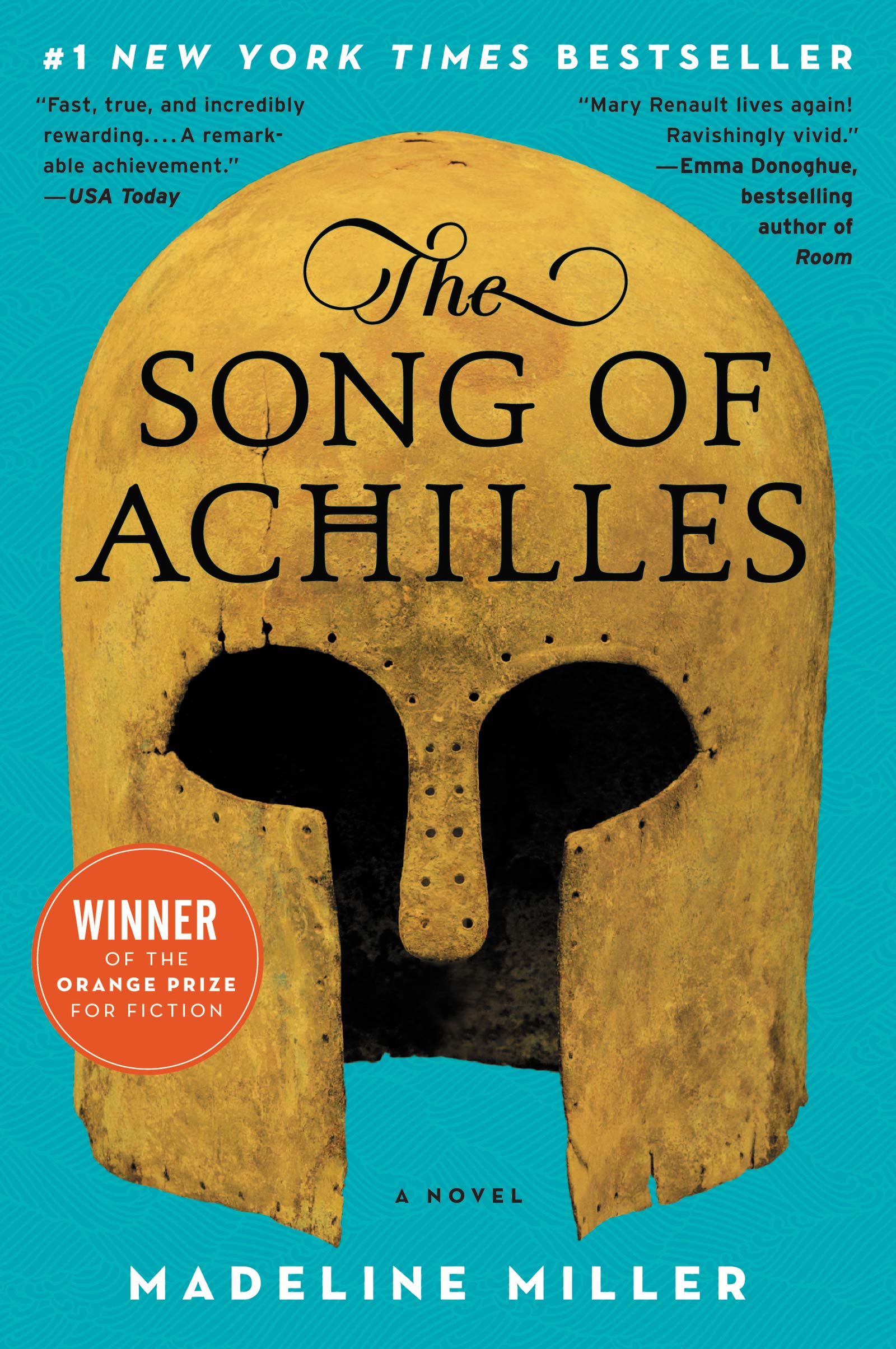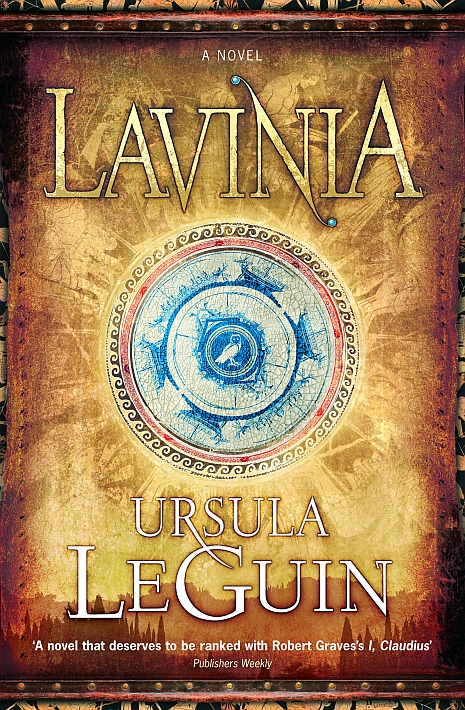My Favourite Reads: Summer 2021
My list of reads that kept me occupied this Summer
Being a literature student, summer for me means an opportunity to read the list of books I’ve been piling up whilst focusing on those for my course. Ironically, this summer I’ve had numerous things to read for my course anyway, but I did try and make reading for myself a priority. Reading is definitely something which helped me through the *mess* that was 2020 – not only because it’s a great time killer, but the way in which you can escape into another headspace was hugely beneficial when everything got a bit overwhelming. Maybe you’re an avid reader and are looking for some recommendations, or maybe you’re seeking a new wholesome hobby for some self-care as the new academic year begins. Either way – here are some of my favourites from this summer.

The Song of Achilles, Madeline Miller
[Content warnings for this book can be found here.]
Anyone vaguely familiar with ‘booktok’ will definitely know this title, if not have read it already. Having read ‘Circe’ when it first came out, ‘The Song of Achilles’ was always lingering in my ever-growing ‘to be read’ list. With its resurgence on Tiktok this summer, I thought it was definitely time to try it out. Needless to say it did not disappoint. Any book with the kind of hype ‘The Song of Achilles’ has received often bears the anxiety of being overrated, but Miller’s poetic and profound retelling of ‘The Iliad’ lives up to every bit praise it receives.
Miller’s writing gives emotional insight to the often one-dimensional heroes of Homer’s epic. Patroclus – merely a tragic side-character in the original text, becomes the voice of the novel, transforming the action-packed, war-torn narrative into a personal and human account – a love story rather than a war tale. Miller’s emotional, heartwarming, and at times heart-breaking writing allows for a true connection with the characters, leaving me sympathetic even towards Achilles, (something that I never thought I’d say). In true ‘Circe’ style, Miller also brings light to the women in the tale, giving characters such as Briseis dimension, and painting a rounder picture of what the reality of Homer’s world looked like.
While the tragic ending was inevitable, Miller breaks your heart and heals it. The final chapter is memorable and poignant. It will certainly be with me for a very long time.

Song of Solomon, Toni Morrison

[Content warnings for this book can be found here.]
While this was a book I read for uni, I loved it so much I re-read parts of it this summer. Morrison’s novel forms a sort of bildungsroman following a boy named Milkman, as he navigates life as an African American in 1950s America. Interweaving fact, fiction, and magical realism – Morrison creates an emotive and complex narrative, using elements of storytelling and history to create a personal and heart-wrenching tale about self-discovery in a society that has hidden it away. While at times Milkman is difficult to like, you become invested in his lows and his highs, as well as his journey to find his family’s history. Your heart soars when he finds the answers he has been looking for.
The complexity of the side characters in Morrison’s novel contribute to its excellence – as sisters, friends, and aunts alike leave you angry, sympathetic and awe-struck at their presence. While Milkman leads the narrative, you very much feel as if you have entered a world that truly exists and is relevant, rendering it a profound and important read.
Lavinia, Ursula Le Guin
[Content warnings for this book can be found here.]
Being a lover of both books and mythology – ‘Lavinia’ was an easy pick for me to read this summer. I did, however, go in with somewhat low expectations, but I was pleasantly surprised by the beauty of Le Guin’s narrative. Similarly to ‘The Song of Achilles’, the novel gives shape to one of the epics most sidelined characters – Lavinia. Seen briefly in Virgil’s ‘Aeneid’, she is most known as –the woman Aeneas marries after his wife dies, he abandons Dido, and has to settle in Latium-, leaving her in a somewhat unfavourable position. Le Guin however gives context to Lavinia – outlining family, friends, likes, dislikes, and delightful descriptions of her beloved city. Le Guin paints a world of beauty, rather than a world of war, as Latium is illustrated as bounteous, peaceful, and shaded by lush, green trees – making the novel a truly joyful and relaxing read. Like the beautiful city, Lavinia is also extremely likeable, as Le Guin forms her as wise, collected, benevolent, and aware of the complexities of her world.
One of my favourite parts about the novel is the way Le Guin includes Virgil as a character within the text, as he voices his regret at leaving Lavinia out of the poem, and allows for an exploration of what one would do if they knew their history before it plays out. This is, what I think, makes Le Guin’s novel truly unique in the mythology-retelling-oeuvre.
While I do think ‘Lavinia’ is somewhat less accessible than ‘The Song of Achilles’, I believe mythology novices can easily enjoy this story with a little background reading, and would recommend it to get a full appreciation of Le Guin’s artistry.




